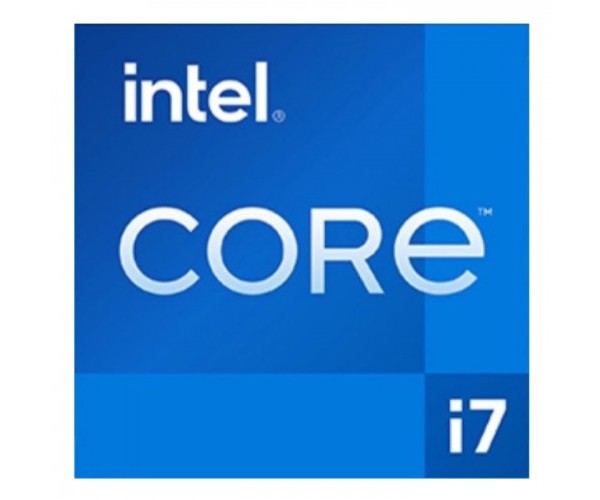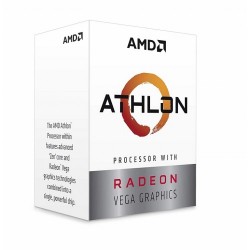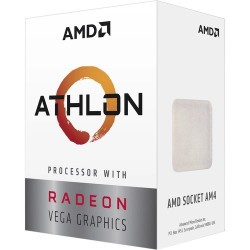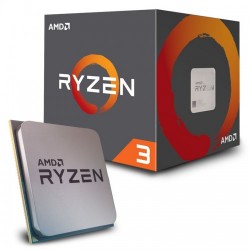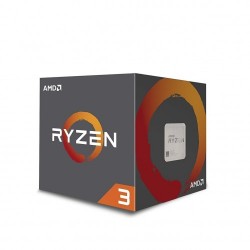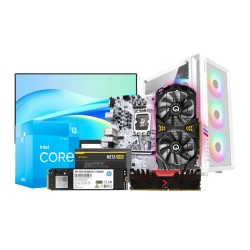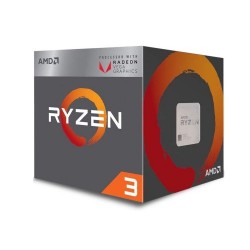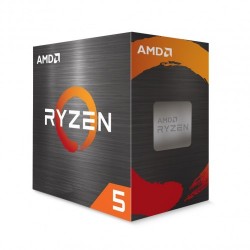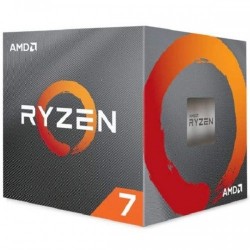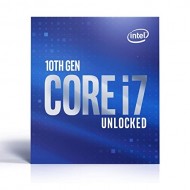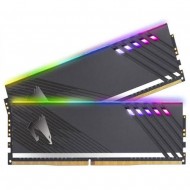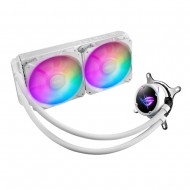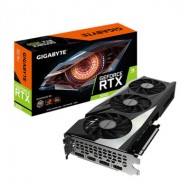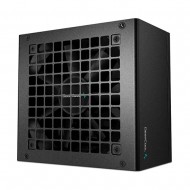Intel 11th Gen Core i7-11700 Rocket Lake Processor
Intel Core i7-11700 Processor comes with Intel UHD Graphics 750. This new 11th gen Rocket Lake microarchitecture is manufactured with the 14nm process that comes with eight cores and 16 threads. These Processors also support 64-bit computing on Intel architecture requires an Intel x86-64 (64 bit) architecture-enabled BIOS. As this chip is updated to the latest BIOS revision, it nicely fits into any Intel 400 and 500 series motherboards. Focusing on this, all the major motherboard manufacturers have already started BIOS updates for their 400 and 500 series lineup.
Core Benefits of the Processor
Intel 11th Gen Core i7-11700K is the second-fastest CPU in Intel’s Rocket Lake-S Series. It was scheduled for release on March 30th 2021 but some retailers released them a month early. Rocket Lake brings increased native memory speeds (DDR4-3200 up from DDR4-2933), higher IPC (early samples indicate a 19% IPC gain) and 50% stronger with integrated graphics using Intel’s new Xe architecture. With a TDP of 125 W, the Core i7-11700K consumes a lot of power, so good cooling is definitely needed. Intel’s processor supports DDR4 memory with a dual-channel interface. The highest officially supported memory speed is 3200 MHz, but with overclocking (and the right memory modules) you can go even higher. For communication with other components in the computer, Core i7-11700K uses a PCI-Express Gen 4 connection. This processor features the UHD Graphics 750 integrated graphics solution. There are also several 500 series chipset improvements including 20 PCIe4 CPU lanes and USB 3.2 Gen 2×2. Rocket Lake’s 19% IPC uplift translates into a 15% faster Effective Speed than both Comet Lake (Intel’s 10th Gen) and AMD’s 5000 series. The Intel Core i7-11700K averaged 13.9% higher than the peak scores attained by the group leaders. This is an excellent result that ranks the Intel Core i7-11700K near the top of the comparison list. AMD will probably continue to outsell Intel thanks to their focused social media marketing which has progressively improved since the initial launch of Ryzen in 2017, Despite Intel’s performance lead. Towards the end of 2021, Intel’s Alder Lake (Golden Cove), which will require a new 600 series motherboard, is due to offer an additional 20-30% performance uplift. At that time, with a 30-40% performance lead, Intel will likely regain considerable market share. Hardware virtualization is available on the Core i7-11700K, which greatly improves virtual machine performance. Additionally, IOMMU virtualization (PCI passthrough) is supported, so that guest virtual machines may directly use host hardware. Programs using Advanced Vector Extensions (AVX) will run on this processor, boosting performance for calculation-heavy applications. Besides AVX, Intel is including the newer AVX2 standard, too, but not AVX-512
Intel Core i7 11700 Review
The Core i7-11700 is one of Intel’s high-end Desktop processors. It was released in 2021 with 8 cores and 16 threads. With base clock at 2.9GHz, max speed at 4.4GHz, and a 65W power rating. The Core i7-11700 is based on the Rocket Lake 14nm family and is part of the Core i7 series. Core i7-11700 processor is also the successor of Intel’s last gen Core i7-10700 processor that was based on the Comet Lake and 14nm process and was released in 2020. Speaking of which, if you want a high-end desktop (HEDT) 12-core processor that can compete with the Intel Core i7-11700, you’re going to have to drop quite a bit more cash and get something like the $499 AMD Ryzen 9 5900X. And, even if you do go with this AMD chip, you won’t necessarily end up with the same level of performance. The Intel Core i7-11700 has a 65W TDP, and with that fairly low amount of power, it’s able to deliver quite a lot. This processor can keep up with even the AMD Ryzen 9 5900X, a processor that considerably costs more and consumes more power, with its TDP of 105W. What this all means is that the Intel Core i7-11700 is an absolute beast when it comes to multi-threaded workloads, especially at this price point. If you’re counting on doing some video editing or compiling one hell of an Excel spreadsheet, you’re going to see firsthand a performance boost with the Core i7-11700.
If you’re mostly playing games on your PC, you will be happy buying either processor. Both proved to be solid options and are evenly matched with a slight advantage to the AMD chip if you don’t tune up the Ryzen 7 processor. The base performance we showed for the Core i7-11700 can be achieved with $90 memory, while the Ryzen 7 5800X will require $110 – $120 memory in order to enable the frame rates shown here. It’s not a big cost difference and right now with anything less than an RTX 2070 or Vega 64 you’ll more than likely become GPU limited.

